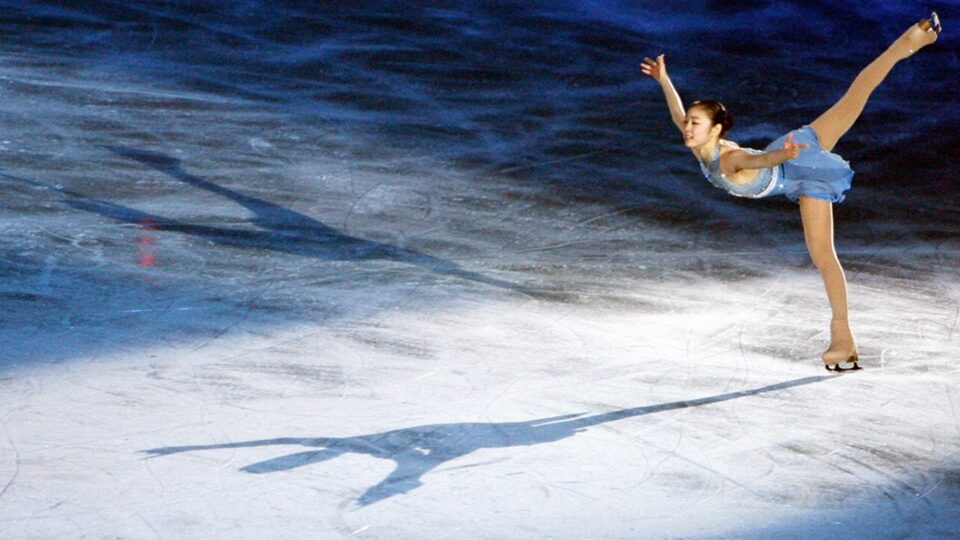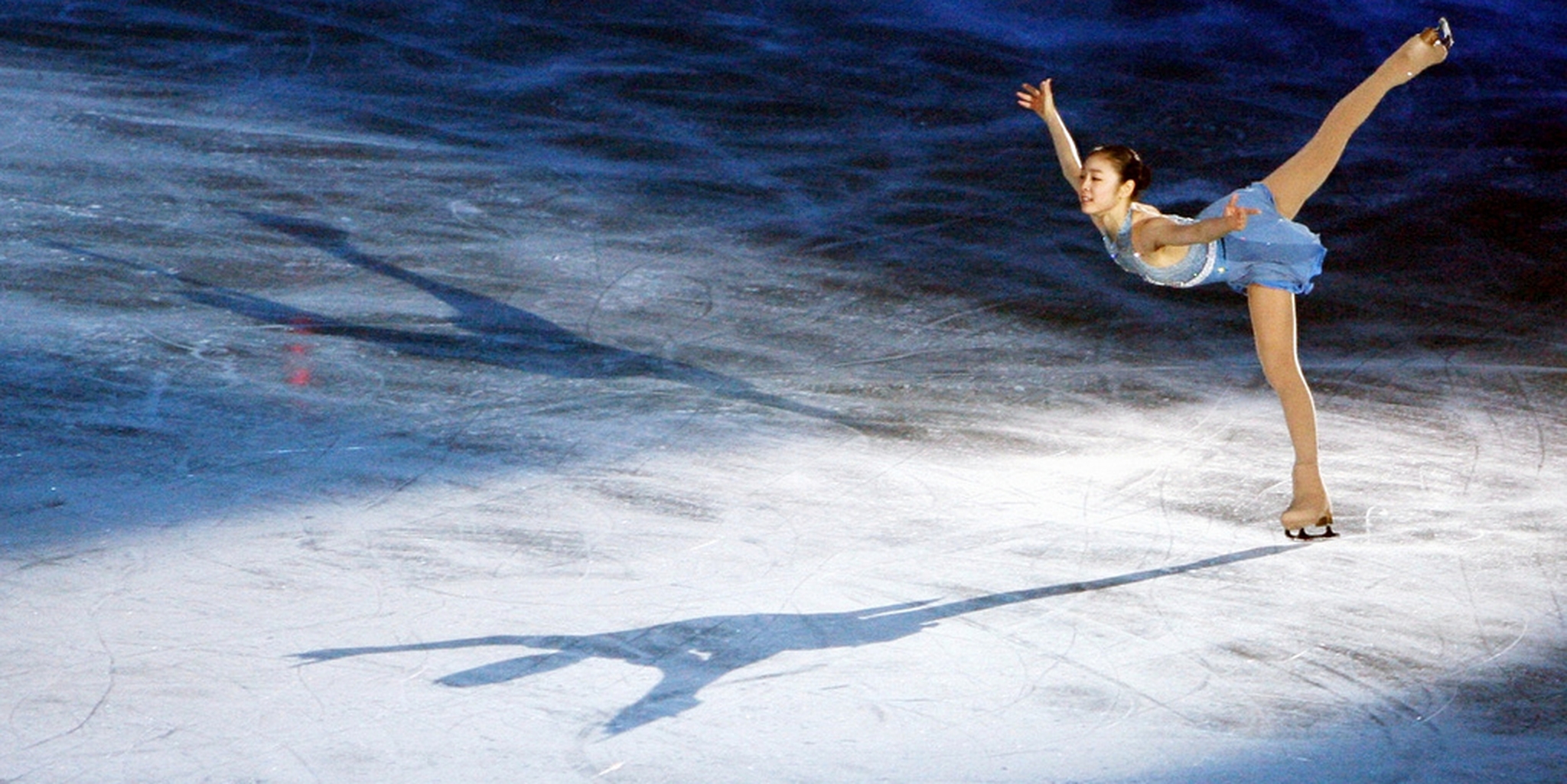
03 Sep2017

share



“You are in an ecstatic state to such a point that you feel as though you almost don’t exist. I have experienced this time and again. My hand seems devoid of myself, and I have nothing to do with what is happening. I just sit there watching it in a state of awe and wonderment. And [the music] just flows out of itself.”
To view the original article click here
The quote above is from a leading composer describing the state of flow. The flow state has been described by the world’s greatest thinkers as the most productive and creative state of mind in which to work. In addition, positive psychologists–most notably Dr. Mihaly Csikszentmihalyi, Ph.D.–argue that achieving the flow state on a regular basis is a key component of happiness. That is, by learning how to enter the state of flow you can increase your productivity, be more creative, and be happier, all at the same time.
In 2004 Dr. Csikszentmihalyi gave a TED Talk in which he explains that the nervous system is incapable of processing more than 110 bits of information per second. If you’re listening to someone speak you need to process about 60 bits of information per second in order to understand what they’re saying. This is why if there are two people talking to you at the same time, you can’t listen to both of them and understand what both are saying.
He then goes on to explain that when you’re completely involved in the process of creating something new you don’t have enough attention left over to monitor how your body feels–the fact that you’re hungry or tired–or to listen to your mind chatter. People in the flow state, like the composer in the quote at the top of this blog post, explain that when they enter this state of ecstasy it’s as if they don’t exist.
Composing is an activity that requires intense concentration. The composer’s body and his identity disappear while he’s composing because he doesn’t have enough attention to be able to compose well and at the same time to feel that he exists. It’s as if his existence is temporarily suspended while he’s creating.
It’s also important to note that the composer has the ability to “switch off” so that the process of composing becomes almost automatic. He doesn’t have to consciously think of what he’s doing because he’s highly skilled and very experienced at composing. An important part of achieving the flow state is developing a high level of skill in the particular area in which you’re striving to achieve a flow state.
An accomplished figure skater describes “flow” as follows:
“It was just one of those programs that clicked. I mean, everything went right, everything felt good . . . It’s just such a rush, like you feel it could go on and on and on, like you don’t want it to stop because it’s going so well. It’s almost as though you don’t have to think, it’s like everything goes automatically without thinking . . . it’s like you’re on automatic pilot, so you don’t have any thoughts. You hear the music but you’re not aware that you’re hearing it, because it’s a part of it all.”